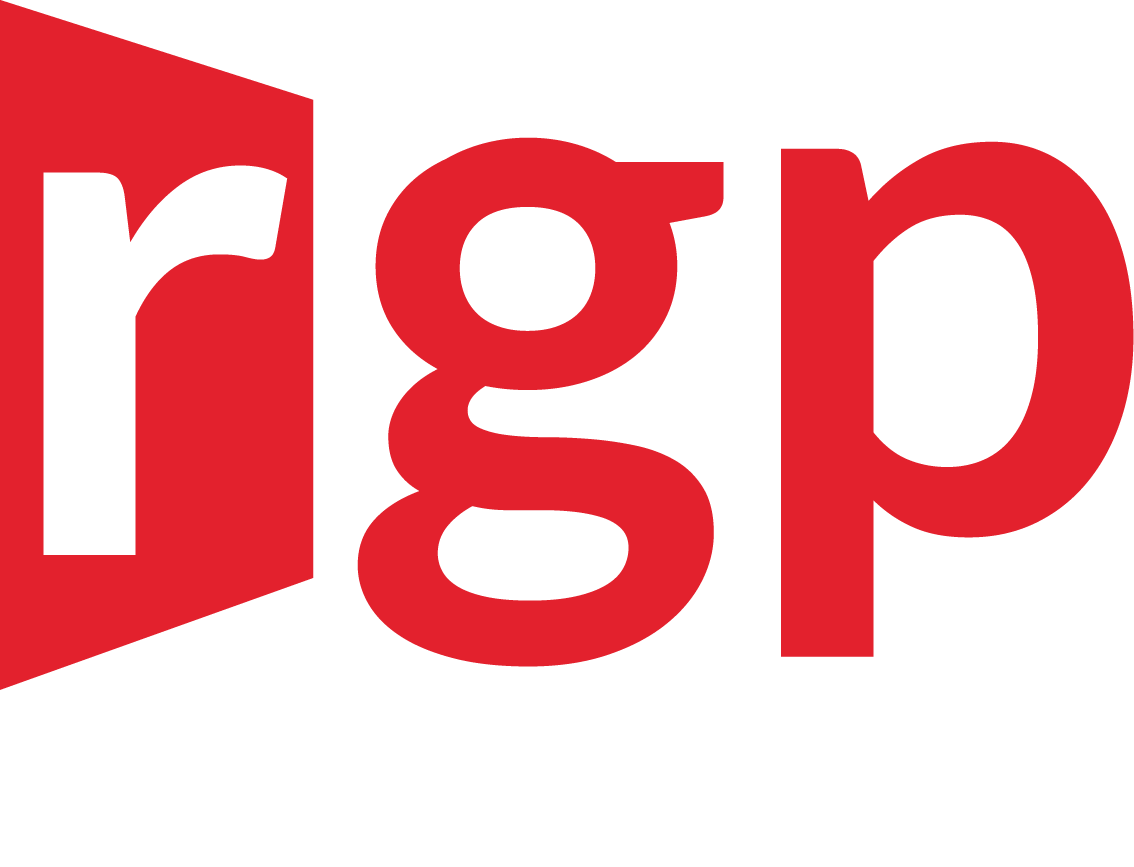Dubai remains one of the world’s most attractive real estate markets, drawing buyers from every corner of the globe. In 2025, the city’s property sector continues to expand with opportunities for residents, expats, and international investors alike. But when purchasing a property in Dubai, one of the most important decisions you’ll face is whether to choose freehold or leasehold ownership.
While both ownership types are regulated and secure, they carry different implications for rights, costs, and long-term value. Let’s break down the difference between freehold vs leasehold in Dubai 2025, so you can decide which option best matches your goals.
What is Freehold Property in Dubai?
Buying a freehold property in Dubai means you own the property outright, along with the land on which it stands. Ownership is permanent, giving you the freedom to sell, rent, or pass the property on to your heirs. Since 2002, Dubai has allowed foreign nationals to purchase freehold properties in designated areas, and these zones have expanded considerably over the years.
The biggest advantage of freehold ownership is security. You know your rights are protected indefinitely, and the property remains in your name with full transferability. Freehold buyers also enjoy the ability to make changes or renovations as they see fit, provided they comply with Dubai Land Department (DLD) regulations.
In 2025, freehold ownership also provides eligibility for Dubai’s Golden Visa program.. Purchasing real estate valued at AED 2 million or more qualifies you for a renewable 10-year residency visa, giving investors and families a long-term home in the UAE.
What is Leasehold Property in Dubai
A leasehold property in Dubai gives you the right to use the property for a fixed period, generally 30, 50, or 99 years. Unlike freehold, you do not own the land. Instead, you are essentially leasing it from the freeholder, who is often a developer or the government.
Once the lease term expires, ownership reverts to the freeholder unless you extend the agreement. During the lease period, you can live in the property, rent it out, or sell the leasehold rights, but your ability to modify the property is limited and subject to approval from the freeholder.
Leasehold is often more affordable than freehold, making it attractive to those who want a property in Dubai but at a lower price point. It is also a practical choice for expats who plan to stay for a limited time rather than making a lifelong investment.
Freehold vs Leasehold: The Key Differences in 2025
The distinction between the two ownership types comes down to control and duration. Freehold provides complete, permanent ownership, while leasehold offers temporary rights bound by a contract.
A freehold owner enjoys full freedom to sell, modify, or transfer the property, while a leaseholder must seek permission for changes and is restricted by the length of the lease. Freehold properties generally cost more upfront, but they also deliver stronger resale value and long-term appreciation. Leasehold, by contrast, offers a lower barrier to entry but is less advantageous for those planning to build wealth or pass property on to family members.
In short, freehold offers permanence and independence, while leasehold provides flexibility and affordability.
Freehold Areas in Dubai (2025)
Dubai has steadily expanded its freehold zones to meet investor demand. In 2025, some of the most popular freehold communities include:
- Downtown Dubai, offering luxury apartments with Burj Khalifa views.
- Dubai Marina, a favourite for high rental yields and vibrant waterfront living.
- Palm Jumeirah, famous for its world-class villas and beachfront residences.
- Dubai Hills Estate, a master-planned community with golf-course villas and townhouses.
- Jumeirah Village Circle (JVC), an affordable option for families and first-time buyers.
- Business Bay, an emerging business and lifestyle hub with strong investment appeal.
These communities combine strong rental demand with capital growth, making them particularly attractive for long-term investors.
Leasehold Areas in Dubai (2025)
While less common, leasehold properties in Dubai can still be found in established neighbourhoods, many of which offer excellent locations at lower costs. Popular leasehold zones include Deira, Mirdif, parts of Jumeirah, and Umm Suqeim.
These areas are appealing to expats who want affordable access to central Dubai without committing to permanent ownership. Leasehold options often come at more accessible prices compared to similar freehold properties.
Investment Outlook: Which is Better in 2025?
In today’s market, the choice between freehold and leasehold largely depends on your personal goals. If you want a long-term investment that builds family security, ensures inheritance rights, and provides residency through the Golden Visa, then freehold is the stronger choice. It is also more appealing to buyers who prioritise long-term capital appreciation and independence.
Leasehold, on the other hand, is more practical for those who see their time in Dubai as temporary, or who want a cost-effective way to live in central neighbourhoods. Although leasehold lacks the permanence and inheritance benefits of freehold, it remains a valuable option for budget-conscious buyers.
Legal Framework in 2025
Both ownership types are governed by the Dubai Land Department (DLD). Freehold properties are registered under the buyer’s name with a title deed, while leasehold agreements are documented with DLD to protect both parties.
In all cases, working with a RERA-licensed real estate agent is essential. This ensures compliance with Dubai’s property laws, prevents fraud, and guarantees transparency throughout the buying process.
Pros and Cons in 2025
Freehold properties provide permanent ownership, full transferability, and high investment returns, though they require greater upfront capital. Leasehold properties are more affordable and suitable for short- to mid-term buyers but lack long-term value growth and modification freedom.
Ultimately, freehold is the go-to option for those planning a future in Dubai, while leasehold remains relevant for expats who want affordability and flexibility without permanent commitment.
FAQs: Freehold vs Leasehold in Dubai 2025
1. Can foreigners buy freehold property in Dubai?
Yes. Since 2002, foreigners have been allowed to buy freehold properties in designated areas of Dubai, and these zones continue to expand in 2025.
2. How long is a leasehold property valid in Dubai?
Leasehold agreements usually range from 30 to 99 years, depending on the contract. At the end of the term, the property reverts to the freeholder unless the lease is renewed.
3. Is freehold property in Dubai eligible for a Golden Visa?
Yes. As of 2025, buying a freehold property worth AED 2 million or more makes you eligible for a 10-year renewable Golden Visa in Dubai.
4. Can leasehold properties be sold?
Yes, leasehold properties can be sold, but you are essentially selling the remaining lease period rather than permanent ownership. This may make resale more complicated compared to freehold.
5. Which is cheaper in Dubai, freehold or leasehold?
Leasehold is generally more affordable upfront, while freehold requires a larger investment but offers stronger long-term value.
6. Which option is better for families settling in Dubai?
Freehold is more suitable for families planning a long-term future in Dubai because it provides inheritance rights, capital appreciation, and permanent ownership.


